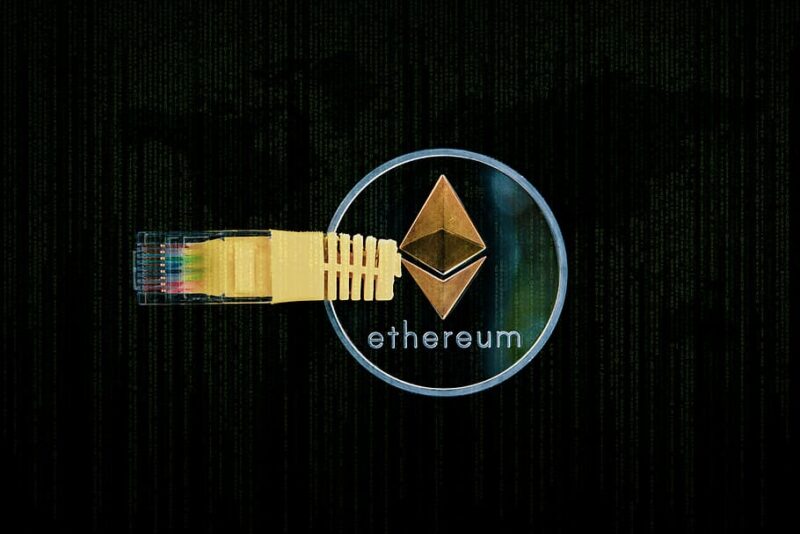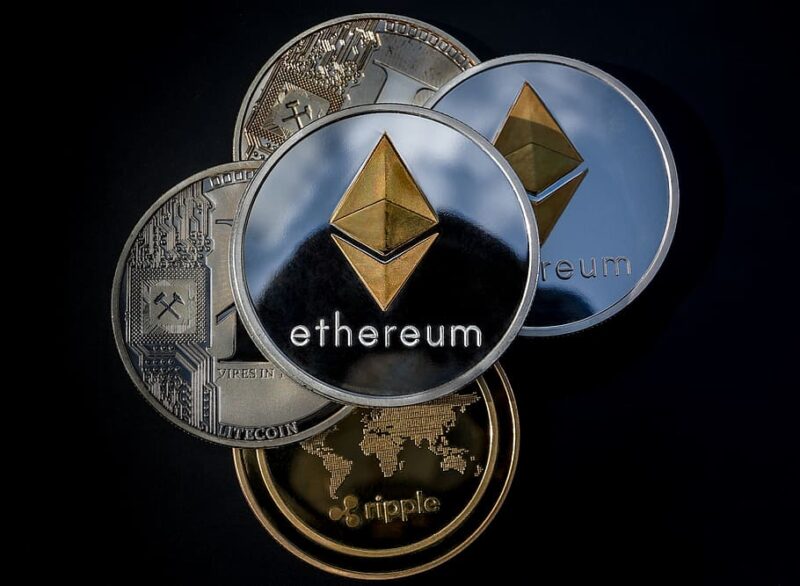The world is slowly being overflooded by a big number of cryptocurrencies appearing on the market today. They are being used for different purposes and their values vary all the time. But what is revolutionary about them is not merely their presence in the payment world, or the way they drive all the banks crazy, it’s the technology based on which cryptocurrency is changing the global economy, and which has the potential to entirely reshape modern communication method.
Having the internet has made trade much more complicated than it was in the past. Practically, today, via the internet, everyone can trade everyone, relying on the bank services for money transactions. Banks are safely keeping records on transactions in their bookkeeping systems, and these data are not available to the public.

In the cryptocurrency world, bank roles are performed by the computer network around the world, which not only records data on transactions but also makes them available to the public, while the identity of the person that performed the transaction is safely hidden. A traditional mind would then as the question, what happens if the computer brakes. Well, nothing. It is not a single machine, but a huge network on them, and the information is safely kept in the blockchain.
The blockchain has so-called blocks that contain information about the transaction, as well as a link to the previous block, thus building a chain. A full copy of this chain is owned by all nodes in the network, ie all computers within it. The verification of online transactions is based on top mathematical principles and is performed by its participants, the so-called miners. These mathematical principles ensure that all nodes automatically agree with the current state of the blockchain and each transaction within it.

If anyone tries to intercept the transaction, the hub will not reach a consensus and its entry into the blockchain will be denied. This is a type of seal that hubs give to transactions and thus allow them to enter the blockchain, which is to be publicly registered. It’s important to mention that all this is solved automatically and that even the author of the network has no control over it so that the whole network is decentralized.
The network also allows a limited number of Bitcoins to circulate it, to prevent possible internal inflation to happen. The software itself has no interest in the value of a single Bitcoin because its purpose is much wider than financial.
On the other hand, there’s an open blockchain platform (decentralized chain of records) that allows anyone to build and use decentralized applications (smart contracts) executed by blockchain technology on it, called Ethereum.

Ethereum is also often referred to as a global computer, because computer operations are performed simultaneously on a large number of nodes that are decentralized, meaning that applications built into the blockchain are virtually unstoppable. Unlike normal servers and computers, in this global computer, there is no admin that can stop, edit, or censor applications. It is truly a unique opportunity that has initiated the emergence of a whole range of exciting new projects that are believed will change the world.
A special Ether token is built into the Ethereum Ethereum blockchain, which is given as a reward to miners for confirming interactions with the blockchain. Miners use ether to pay for the usage of this blockchain.

How different is Ethereum from bitcoin? Bitcoin was designed as a digital currency and, to be realized as such, blockchain technology was invented. This blockchain technology is used only for transactions between bitcoin users. This means that only blockchain transactions are recorded on that record chain.
Ethereum, on the other hand, is designed to be adjustable, so that not only transaction records, but any executable computer code can be written on its chain. Ethereum is a programmable blockchain, instead of providing users with a predefined and limited set of possible operations (e.g. bitcoin transactions), it allows users to create their operations of any level of complexity. Thus, it mainly serves as a platform for many different types of applications, which includes, but is not limited to, cryptocurrencies. This only has vastly contributed to the transformation of the blockchain world.
What else is so transformative about Ethereum? Theoretically speaking, Ethereum’s possibilities of applications are unlimited. Although the possibilities are unlimited, this does not mean that its use will come to life in all situations. But it is very clear that certain types of applications will benefit more from what this platform has to offer.
And what type of applications are we talking about? These are applications that automate direct interaction between peers or facilitate coordinated group activities in a network. A good example is applications that coordinate markets for the exchange of services and goods between users or automate complicated financial contracts. In theory, financial interactions of every kind and complexity could be automatically performed, using the code executed on Ethereum.

In addition to financial applications, Ethereum’s capabilities are possible in any ecosystem where trust, security, and sustainability are important – for example, asset registers, voting, governance, and IoT could be significantly changed thanks to this platform.
Ethereum has defined stages of development and significant improvements, and it will certainly change, but for the better. It will become faster, safer, more complex, and stronger. It will allow for larger and more complicated applications, more transactions, and interactions.

It is very certain that in the future we will use devices that will run software based on blockchain technology and that it will find an even wider and more useful application in the modern world.
Just as Uber has disrupted the taxi industry, and Apple has disrupted the mobile phone market – Ethereum could do so for financing, online shopping, microcredit, and ownership. Blockchain, smart contracts, and digital assets can influence the industry of the whole world.
Professional trading software will enable more and more people to trade their cryptocurrencies, without the interference of the banks. For more information visit https://click-moneysystem.com/.



